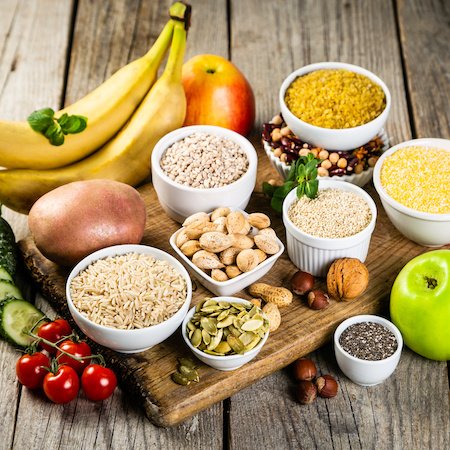The World Health Organization (WHO) has published new, updated evidence-informed guidelines around the intake of carbohydrates in the diet to reduce the risk of diet-noncommunicable diseases in adults and children over two years of age.
The new guidance comes as obesity becomes a major risk factor for diet-related noncommunicable diseases (NCDs), linked to millions of deaths globally. The spotlight on prevention and management of NCDs and obesity has also intensified as a result of the pandemic, along with increasing recognition of a link between those with obesity or certain NCDs and a more adverse outcome.
One of the aims of updating this WHO guidance was to focus on carbohydrate quality. The guidance explains that the concept of carbohydrate quality refers to the nature and composition of carbohydrates in the diet, including the proportion of sugars, how quickly polysaccharides are metabolised and release glucose into the body, and the amount of dietary fibre. Those that are digested slowly, or pass through undigested, are generally considered high quality, whereas rapidly digested carbohydrates, such as sugars, are considered low quality. Dietary fibre, in particular, is an important element of carbohydrate quality.
The strong recommendation of the guidance is that carbohydrate intake should come primarily from high quality sources, that is whole grains, vegetables, fruits and pulses, which have been shown to broadly improve health. Conversely, consumption of low-quality carbohydrates may have a negative health impact. High intake of free sugars, for example, is associated with increased risk of obesity and diet-related NCDs, and WHO has previously issued guidance on limited their consumption.
These new guidelines are intended for any groups involved in the development, design and implementation of policies and programmes in nutrition and public health. It also includes recommended levels of intake for fruits and vegetables, and dietary fibre. The guidance replaces previous WHO guidance on carbohydrate intake.











